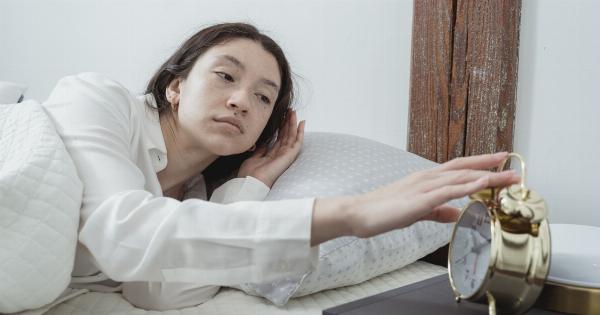Life can be incredibly hectic. With work, family, social events, and obligations piling up, it can feel like there’s never enough time to get everything done.
But while it may seem necessary to push yourself to the limit in order to accomplish all your goals, it’s important to remember the value of rest and relaxation. Taking time out to rest and recharge isn’t just a luxury – it’s an essential component of good health.
The Benefits of Rest
When most of us think of rest, we think of catching up on sleep. While that’s certainly important – and we’ll delve more into the benefits of sleep below – rest doesn’t just mean getting some shut-eye.
Rest can encompass anything that allows your mind and body to recharge, such as taking a leisurely hike, reading a book, or just sitting and enjoying a cup of tea.
Why is rest so important? For starters, it allows your body to repair and regenerate. When you’re constantly exerting yourself, your muscles, joints, and other tissues can become overworked, leading to inflammation, irritation, and pain.
Taking time to rest allows your tissues to heal, reducing your risk of injury and keeping you feeling good.
But rest isn’t just about physical recovery. It’s also a chance for your brain to reboot. When you’re constantly on the go, your brain never has a chance to fully relax, which can leave you feeling frazzled, anxious, and burnt out.
By taking a break from the constant stimulation and giving your brain a chance to rest and reset, you’ll be better able to handle the stresses of daily life.
The Power of Relaxation
While rest is important, true relaxation takes things to the next level. When you’re truly relaxed, your body’s natural stress response kicks in, triggering a cascade of physiological changes that help your body function optimally.
One of the key players in the relaxation response is the parasympathetic nervous system (PNS). This branch of the nervous system is responsible for slowing down your body’s processes, allowing you to rest and recharge.
When the PNS is activated, your heart rate slows down, your breathing becomes deeper and more regular, and your muscles relax. The result is a feeling of calm and wellbeing that can help counteract the effects of chronic stress.
But relaxation doesn’t just feel good – it’s also incredibly beneficial for your health.
Studies have shown that practicing relaxation techniques such as deep breathing, meditation, or yoga can help reduce blood pressure, improve sleep quality, and even boost your immune system. Additionally, relaxation can help lower levels of the stress hormone cortisol, which when chronically elevated has been linked to a host of health problems such as weight gain, diabetes, and cardiovascular disease.
The Importance of Sleep
We’ve all heard how important sleep is – but it’s worth reiterating. Sleep is one of the most restorative things we can do for our bodies.
While we sleep, our bodies are hard at work repairing and replenishing our tissues, consolidating memories, and flushing out toxins.
But sleep isn’t just about the physical benefits. It’s also crucial for mental wellbeing.
Studies have shown that lack of sleep is associated with increased anxiety and depression, as well as decreased cognitive function, creativity, and decision making ability.
So how much sleep do you need? The answer can vary depending on the individual, but most adults need between 7-9 hours of sleep per night to function properly.
However, it’s not just the quantity of sleep that matters – the quality is important, too. To get the most benefit from your sleep, it’s important to establish a regular sleep schedule, create a relaxing sleep environment, and avoid things that can interfere with sleep such as caffeine, alcohol, and electronic devices.
Making Time for Rest and Relaxation
With so many demands on our time, it can be difficult to carve out space for rest and relaxation. But in order to be our best selves – physically, mentally, and emotionally – it’s essential that we prioritize self-care.
One way to do this is to schedule dedicated time for rest and relaxation into your calendar – just as you would for any other appointment or obligation. Make it a non-negotiable part of your routine, and stick to it as much as possible.
Another important strategy is to learn to say no. It can be tempting to say yes to every invitation or opportunity that comes your way, but doing so can quickly lead to burnout.
Instead, learn to prioritize the things that are most important to you, and be willing to say no to things that don’t align with your values or goals.
The Bottom Line
Rest and relaxation may not seem like the most pressing priorities when there’s so much to be done. But by neglecting our need for rest and downtime, we’re doing ourselves a disservice in the long run.
Taking the time to rest, relax, and recharge isn’t just a way to feel better in the moment – it’s an investment in our long-term health and wellbeing.





























